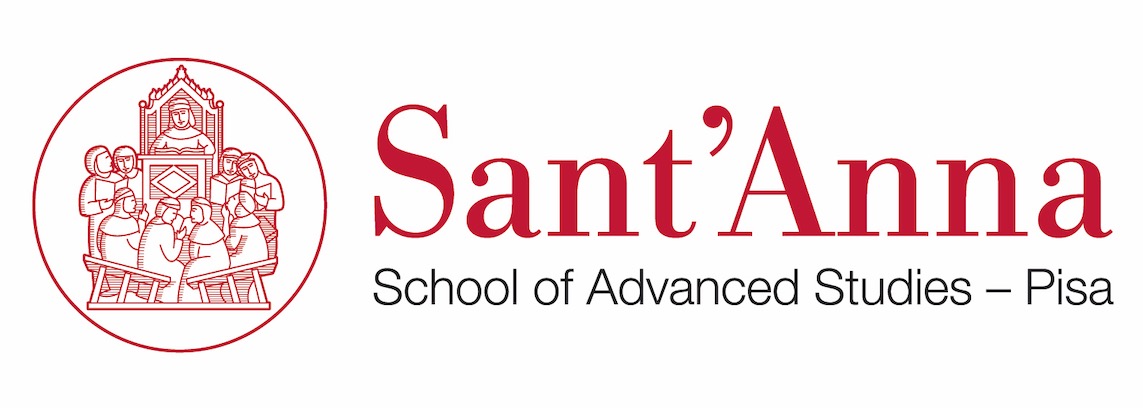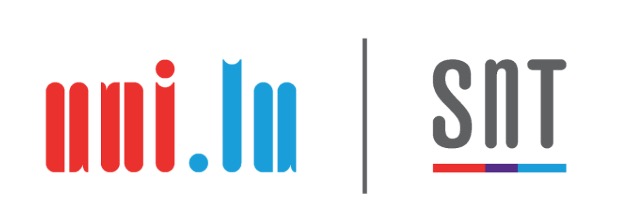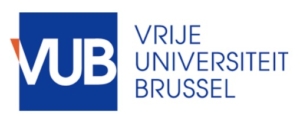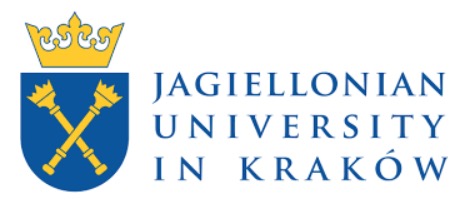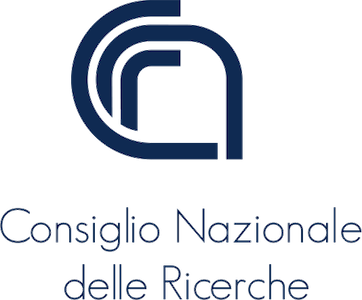Scuola Superiore Sant’Anna (SSSA), Italy
Website: https://santannapisa.it/it
The Scuola Superiore Sant’Anna (SSSA) is a public university institute with special autonomy, holding a unique position within the Italian higher education system. It offers an excellent multi-disciplinary environment for learning and research in applied sciences and social sciences (Economics and Management, Law Sciences, Political Sciences, Agricultural Sciences and Biotechnology, Medical Sciences, and Industrial and Information Engineering), with a strong focus on their European and international dimension and on experimenting innovative paths both in training and research.
The Institute of Law, Politics and Development (DIRPOLIS) is involved in LeADS through the International and Comparative Law Research Laboratory (LIDER-Lab). The LIDER lab established in 2003, has a long tradition of both theoretical and empirical legal research, training and consulting. It covers fields in private law and regulation at national, transnational and international level. National and international research in the fields of fundamental rights protection, personal data protection, contracts, privacy, private law and new technologies. One of the main research line, RIGHTS (Rights, Information, Governance, Health, Technology, Sciences), analyses the phenomenon of classification that emerges from big data and the use of analytics, considering that technologies enable unprecedented exploitation of information, being it small or big data, for any thinkable purpose, but mostly in business and surveillance with the ensuing juridical and ethical anxieties. In addition, ETHOS (EThics & law witH and fOr ReSearch) research line investigates the ethical-legal issues emerging from the transformation of every scientific research into data-intensive research.
Université du Luxembourg (UL), Luxembourg
Website: https://wwwen.uni.lu
The Interdisciplinary Centre for Security, Reliability and Trust (SnT) at the University of Luxembourg conducts internationally competitive research in information and communication technology (ICT) with a focus on creating socio-economic impact. The centre attracts talented researchers from all over the world to work on collaborative projects with industry and the public sector.
SnT is guided by the principle that excellent scientific research can address the most pressing challenges society faces, and support industry in developing solutions. This foundation defines our set-up. We have a partnership model that enables truly collaborative exchanges. It allows us to have access to relevant challenges, real-world data, and systems to test our research results. This approach creates a lively ecosystem that feeds the local talent pool, and supports the local economy. Since its launch in 2009, SnT has established partnerships with more than 45 organisations.
Université Toulouse III (UT3), France
Website: https://www.univ-tlse3.fr/
Université Toulouse III – Paul Sabatier (UT3) is a leading French university. Since its creation in 1969, it has been expanding its offer of multidisciplinary education in the fields of science, health, engineering, sports, and technology, becoming one of the most important scientific research clusters in France. Centered in Toulouse, which is the European space and aeronautics capital, UPS is a renowned European university with a global outlook.
UT3 will be represented by its department IRIT (“Institut de Recherche en Informatique de Toulouse” – Toulouse Institute of Computer Science Research). IRIT is a joint research unit (JRU n°5505) of the Université Paul Sabatier (UPS), Centre National de la Recherche Scientifique (CNRS), Université Toulouse I- Capitole (UT1C), Université Toulouse II-Jean Jaurès (UT2J), and Institut National Polytechnique de Toulouse (INPT) in which each entity put together staff and resources for the benefit of the laboratory.
Key personnel and groups have a long-standing experience in security, privacy, data sciences, engineering, networks, and policy-making, with strong collaboration links with other academic and industrial partners.
Vrije Universiteit Brussel (VUB), Belgium
Website: https://lsts.research.vub.be/
Vrije Universiteit Brussel (VUB) is an internationally oriented university in Brussels, the heart of Europe. Through tailor-made high quality research and education, VUB wants to contribute in an active and committed way to a better society for tomorrow.
VUB is involved in LEADS through the Interdisciplinary Research Group on Law Science Technology & Society (LSTS).
LSTS at the VUB is an international leader in the field of analytical, theoretical and prospective research into the relationships between law, science, technology and society. LSTS has a well-established reputation in research concerning privacy and data protection, the regulation of technology, the impact of security and crime-fighting policies upon human rights, and the impact of profiling techniques and statistics on the law and the individual.
Jagiellonian University (JU), Poland
Website: https://en.uj.edu.pl/en_GB/start
Jagiellonian University (JU) is a leading research institution in Poland, which comprises 15 faculties. JU conducts research across a wide range of disciplines; cooperate with more than two hundred foreign universities within bilateral agreements and with more than four hundred research institutions within international projects. Within the structure of the JU there are separate departments dedicated to supporting and serving research projects in a complex way.
The Civil Law Department, which will be a host of this project in cooperation with the Intellectual Property Law Institute, carries out a large-scale research in the field of private law, contract law & new technologies, law of digital sales platform. The IPLI carries research in the field of intellectual property (including patent law, trademark and indication-of-origin law, protection of know-how, copyright and neighbouring rights, press law, protection of individual rights, information rights, anti- monopoly law, combating unfair competition, economic (business) law and the legal issues of marketing and advertising, and the protection of personal data, new technologies), and is active in teaching, publishing, consulting, legislative support and research cooperation with state and non-state partners.
University of Piraeus Research Centre (UPRC), Greece
Website: https://www.ds.unipi.gr/en/home-en/
The University of Piraeus was founded in 1938 under the title of the “School for Industrial Studies”, by the Industrialists and Tradesmen Association, while in 1989 it was renamed to “University of Piraeus” with several academic departments. Since 2020, ten departments are run by the University of Piraeus, focusing on various academic topics that range from economics, financial management and business administration to industrial management, maritime studies and informatics and digital systems.
The Department of Digital Systems covers the areas of services, data management and analytics, network management as well as the security of digital systems. The department’s research staff consists of 25 faculty members, 21 postdoctoral researchers and 87 PhD candidates, whose collective expertise covers many key areas in distributed systems and services. The University of Piraeus Research Center (UPRC) facilitates the research activities of university members in different programmes and initiatives. In this context, UPRC has been actively involved and coordinated a number of European and National R&D projects, as well as projects developed in collaboration with enterprises (both international and national).
UPRC participates in LeADS with the team members of the Data & Cloud Research Group. The group members research on AI, data management and analytics, focusing on machine and deep learning algorithms for various application domains (including health, retail, transportation and agriculture), as well as techniques for data modelling (through flexible schemas), data quality assessment and incremental analytics.
Centro Nazionale delle Ricerche (CNR), Italy
Website: https://kdd.isti.cnr.it/
The Italian National Research Council (CNR) is the main public Italian research institution, it employs more than 4000 researchers in 100 Institutes across Italy. CNR participates to this project with the Istituto di Scienza e Tecnologie dell Informazione “A.Faedo” (ISTI), in particular with the KDD-Lab group.
KDD-Lab, founded in 1996, is aimed at pursuing fundamental research, strategic applications and higher education in the area of Knowledge discovery and Data Mining and is a joint initiative with University of Pisa. It is today a leading research hub on mobility data mining and privacy preserving data mining, becoming a reference not only for the international research community but also for leading industrial and public operators, such as telecom providers (Orange, Wind, Telecom Italia) and mobility agencies of regional and municipal administrations. KDD-Lab has also created novel methods for mining social networks, aimed at discovering patterns, evolutionary rules, community structure and predictive rules.


